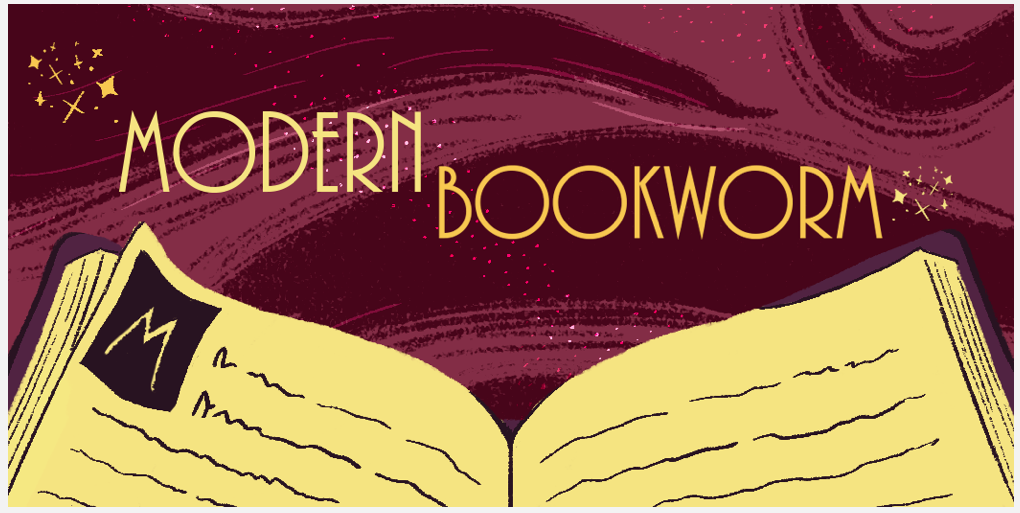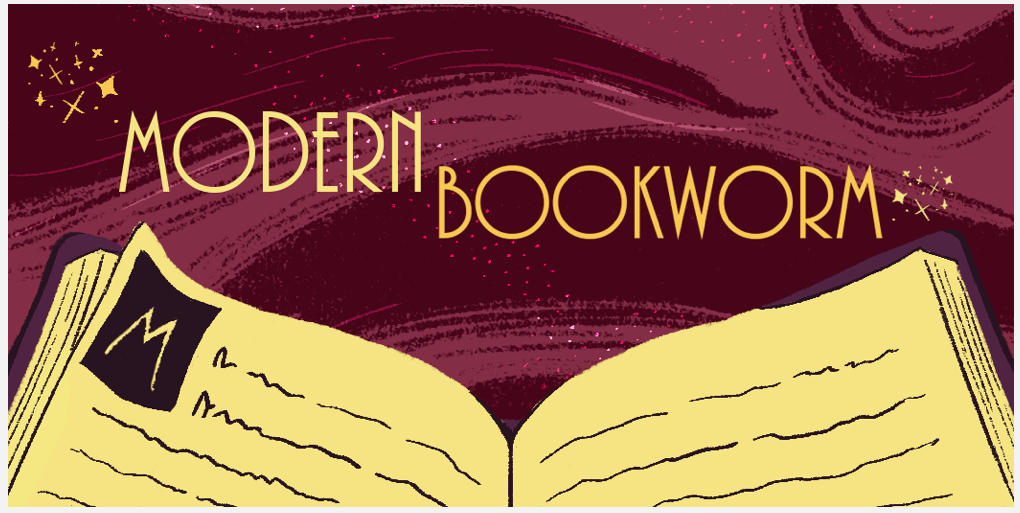My parents rarely make note of anything I write unless I bring it to their attention, but whenever they do, they remark that they have no idea where I got my ability to pen words on paper (figuratively, of course).
Though I don’t think I can call myself a writer, and I am also not yet a scientist, I like to say I’m part of a dying breed of enthusiasts who try to educate through writing and bring humanity to the test tubes and giant machines. Through this I look up to so many science writers such as Malcolm Gladwell and Atul Gawande and science journalists such as Sanjay Gupta. But last Sunday, the world lost another very accomplished science writer and journalist Oliver Sacks. I never met Sacks, and I’m really sad that I will never have the opportunity to.
It’s not often that you find great scientists and doctors who are also great writers, and he is definitely one of the best in that area. His articles beautifully cover a range of topics from neuroscience to food and comfort, and I always come away from reading his writing with a renewed sense of living or a new perspective on what I would think is mundane. Though the world still has many great writers who are also scientists and doctors, Sacks holds a special place in my heart because of his ability to bring humanity to neuroscience and, even more uniquely, make the neuroscientist (or in his case, neurologist) appear more humane.
Sometimes, it feels as if we live in a world where science and liberal arts are mutually exclusive. It is difficult to find a way to merge the two in a way where they can successfully coexist, and while I like being a rarity in the newsroom, sometimes it’s hard to find guidance about what to write or how to write it. I see both sides, and I’ve written about them on several occasions where science and the media are at odds. Scientists are frustrated at the media’s inability to get their research precisely correct, and the media is frustrated by scientists’ inability to explain their research in a way that laymen can understand. But I think it can be so tempting to pigeon-hole and describe scientists as being cold and calculating that we sometimes forget the humanity that comes with being a scientist. We go to scientists for advice about things within their specializations, but fail to remember that these people also possess life experience. They have memories and nostalgia and wisdom.
Sacks spent so much of his career bridging that gap so that young science fanatics such as myself can look up to someone and say, “I don’t have to give up my humanity to become a doctor or researcher. I can still possess compassion.” All of this in a world where it seems like people are telling us that doctors and scientists are cynics and have become unfeeling. Honestly, a profession where I become cynical and unfeeling is not exactly what I had in mind for the rest of my life. So as a future scientist, Sacks gives me hope for a future where I can do great things while remaining grounded in the values I grew up with. He even alludes to it in some of his writing: “Almost unconsciously, I became a storyteller at a time when medical narrative was almost extinct.” To some extent his pursuit of bringing voice to medical cases has brought a renewed interest in this area of writing.
But even in his non-science pieces, his writing always finds a way to resonate with me. In one piece, simply titled “Sabbath” he writes about the importance of taking time off in a world where it seems like all we do is run nonstop. It also provides insight into the reality that is a world so reliant on technology. Growing up Christian, I was raised with the same commandments including, “Keep holy the Sabbath day.” So I always knew what this meant in theory, but unlike Orthodox Jews, we did not adhere to the same principles of forgoing all technology on our day of rest. Still, Sundays for me were always a day set aside for God and doing His work. In that same way, I have slowly come to the same realization as Sacks that the Sabbath is beautiful. And while I’m still trying to understand how to integrate it in my life, it gave me a new perspective on the traditional day of rest.
I know that the world has lost a wonderful man through Sacks’ death, but I hope that his legacy and inspiration to young scientists and young writers continues to be strong. I know that he will always be an inspiration for me.







